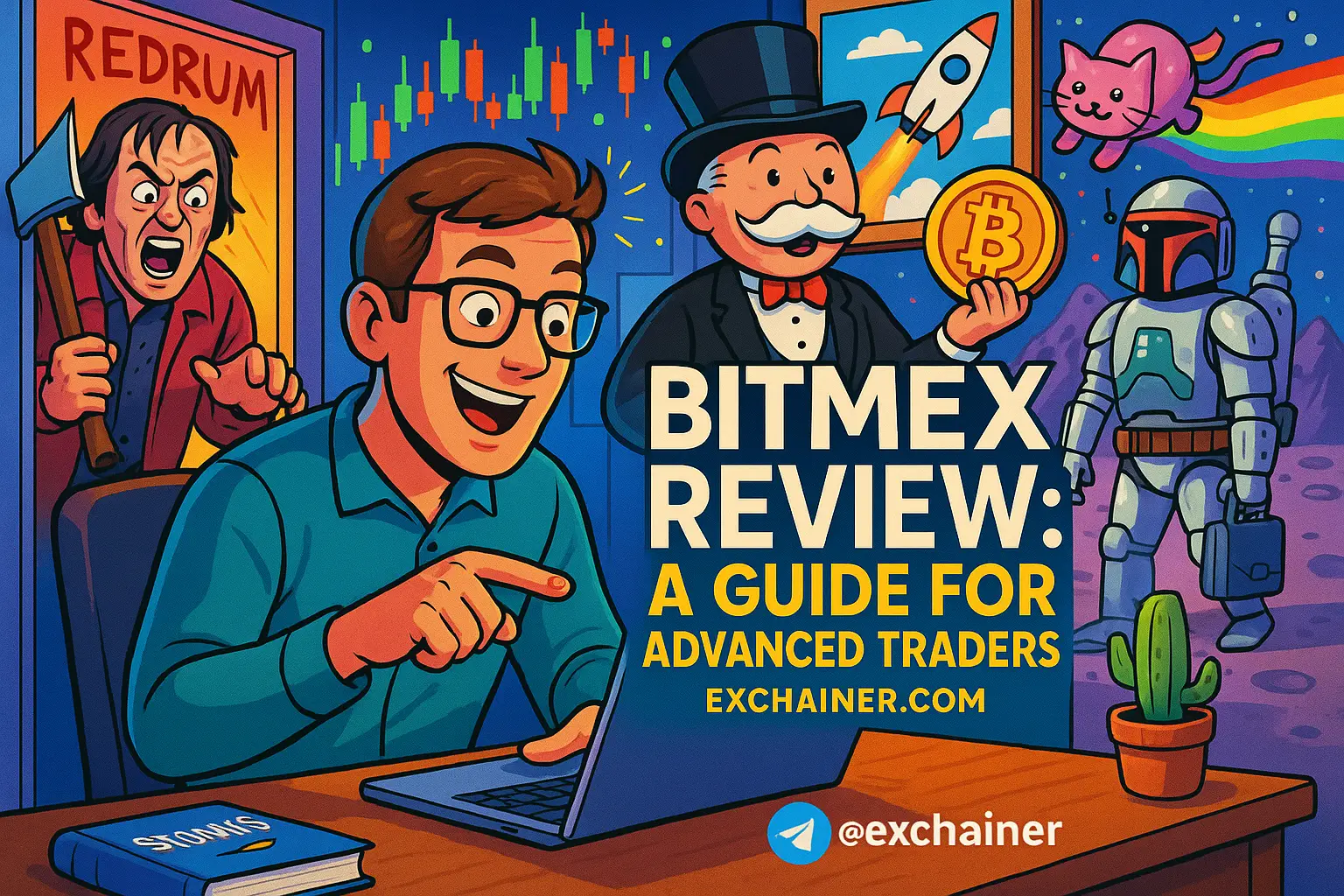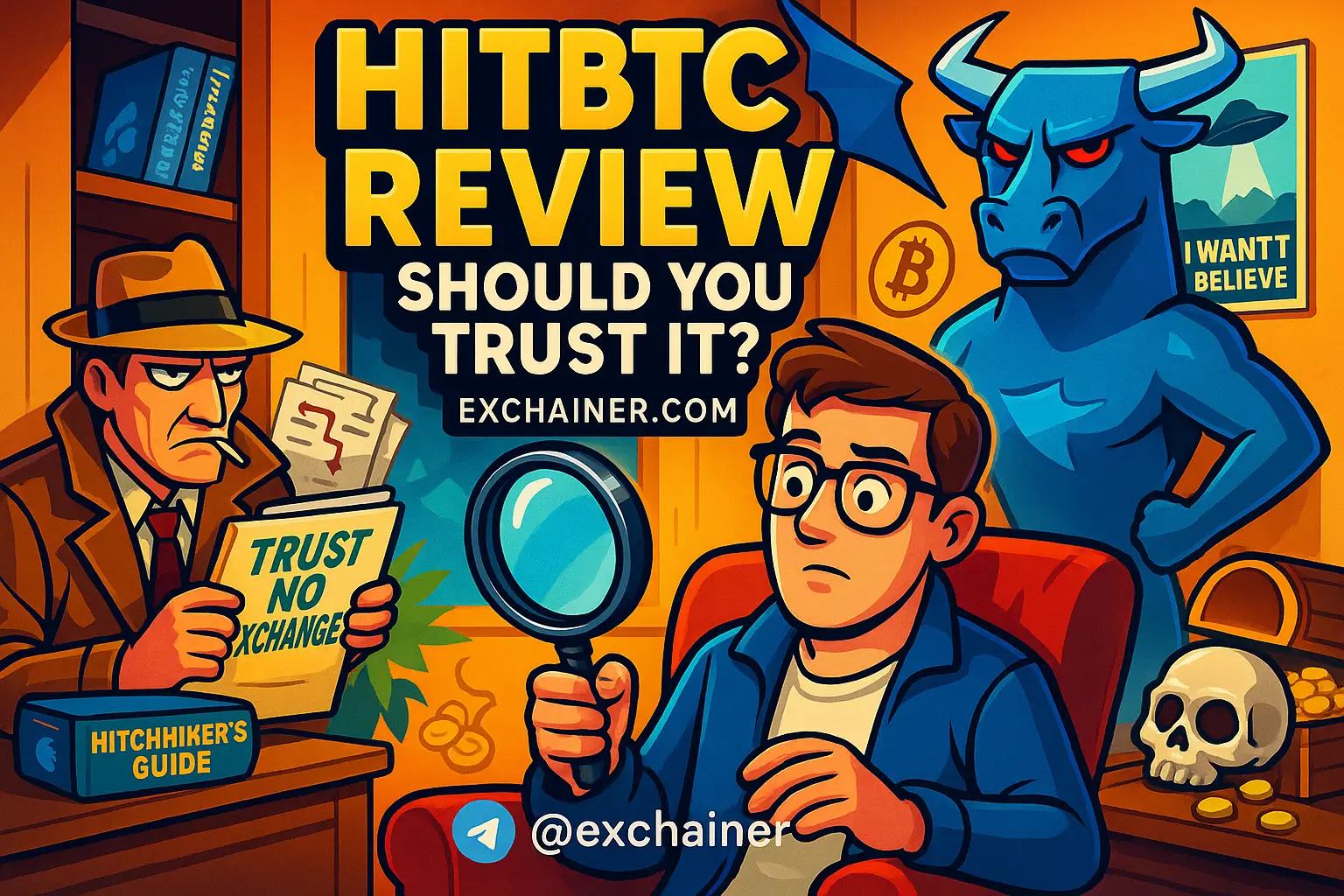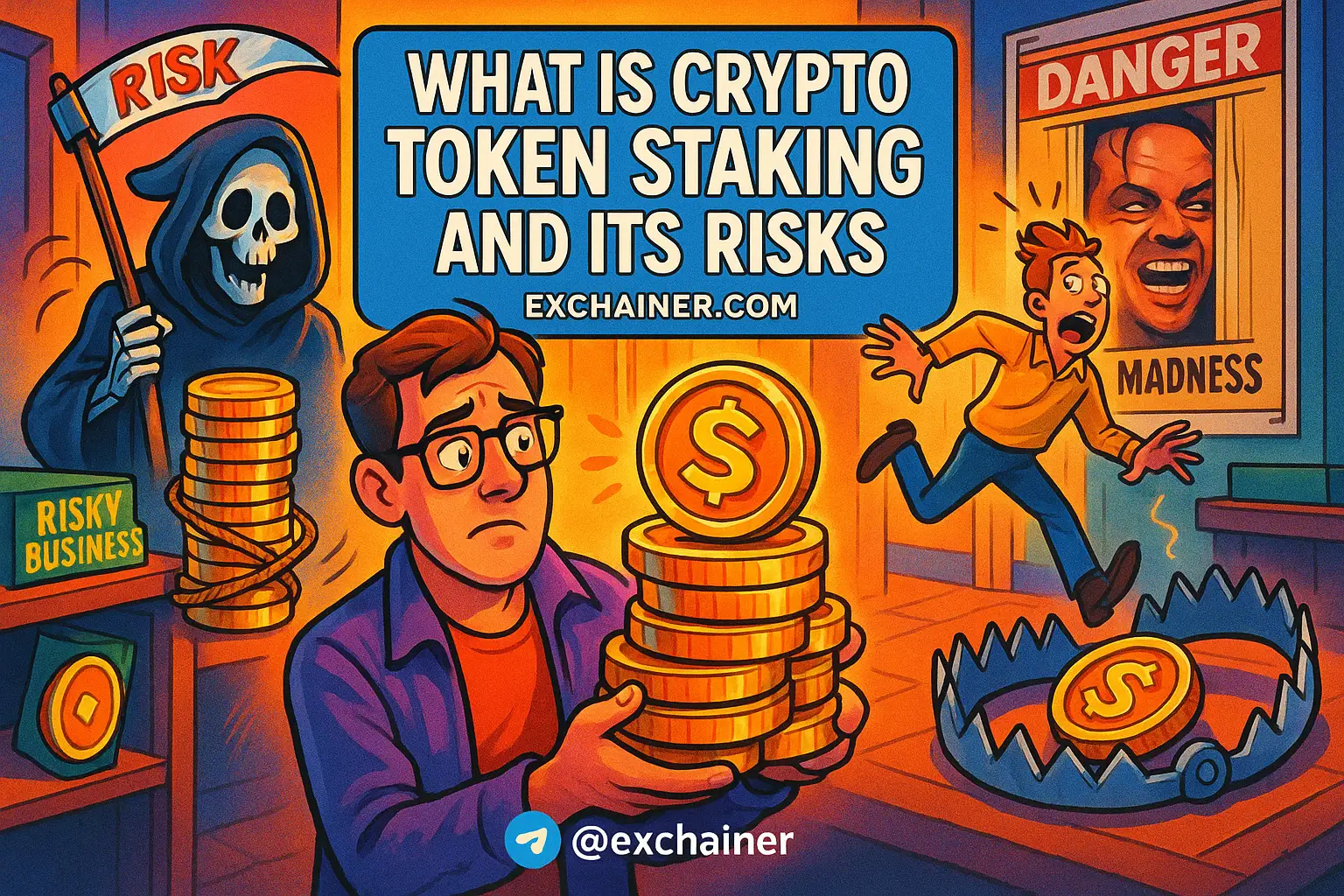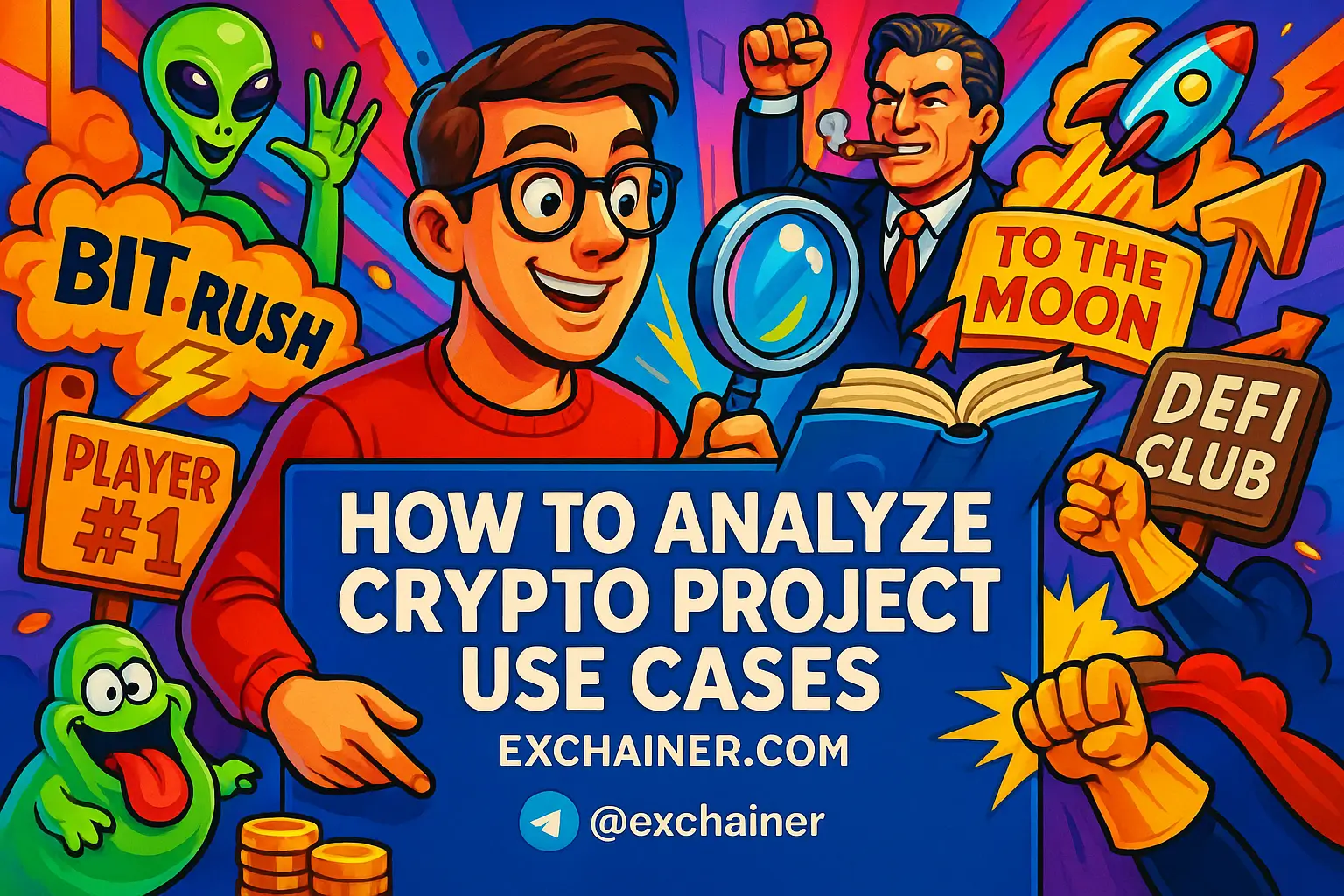In the ever-evolving realm of cryptocurrency, understanding the foundational elements of blockchain technology and various terms becomes crucial for both enthusiasts and investors. One such term that has gained significant traction in decentralized finance (DeFi) is "crypto oracles." But what exactly are crypto oracles, and why are they essential in DeFi? As blockchain technology strives to operate in a decentralized manner, the need for reliable data becomes increasingly apparent. Traditional systems often depend on centralized databases that provide data inputs, but the decentralized nature of blockchain requires a different approach.
This is where crypto oracles come into play. They serve as the bridge between the blockchain world and real-world data, ensuring that accurate and timely information flows into smart contracts and decentralized applications. Without these oracles, smart contracts would be unable to access external data, limiting their functionality and the execution of automated agreements. In this article, we will dive deep into the concept of crypto oracles, their significance in DeFi, and how they work to facilitate transactions. So, whether you’re a complete beginner looking to understand cryptocurrency basics or an intermediate user wanting to enhance your knowledge, this guide on crypto oracles is tailored for you.
Understanding Crypto Oracles
So, what exactly are crypto oracles? Simply put, crypto oracles are third-party services that provide smart contracts with real-world data. Think of them as translators or messengers that relay information from the outside world—from market prices to weather conditions—to the blockchain. Because smart contracts cannot directly access external data due to their inherent decentralized nature, oracles fill this crucial gap.
There are two main types of oracles:
1. Centralized Oracles
Centralized oracles gather data from a single source, which poses certain risks. If the source of information is compromised or faulty, it can lead to incorrect data feeding into the blockchain. This centralization goes against the very ethos of blockchain technology, which emphasizes decentralization and trustlessness. A common example might include a weather service providing data to a smart contract that triggers an automatic payout for crop insurance based on weather conditions.
2. Decentralized Oracles
Decentralized oracles, on the other hand, source data from multiple independent sources, aggregating it to produce a more reliable outcome. This approach greatly minimizes the risks associated with a single point of failure while enhancing the trustworthiness of the information fed into the blockchain. Some popular decentralized oracle networks include Chainlink and Band Protocol.
The Role of Crypto Oracles in DeFi
Now that we understand what crypto oracles are, let’s discuss their crucial role in DeFi.
1. Price Feeds
Price feeds are a primary application of crypto oracles in DeFi. Many DeFi platforms, especially decentralized exchanges (DEXs) and lending protocols, require accurate pricing data for transactions. For example, imagine you want to trade Ethereum for Bitcoin on a DEX like Uniswap. If the price feed is inaccurate, you could end up making a poor trade, losing funds unnecessarily. Oracles provide real-time price information, ensuring that trades are executed at fair market prices.
2. Triggering Smart Contracts
Oracles also play a key role in triggering smart contracts based on real-world events. For instance, a decentralized insurance protocol may use oracles to automatically execute payouts for policy holders when specific conditions are met, such as flooding or crop failure caused by drought. This automation eliminates the need for manual intervention while ensuring timely payouts to those in need.
3. Data Verification
Another significant function of crypto oracles is data verification. In DeFi, it’s crucial to ensure that the data driving decisions is accurate and tamper-proof. Decentralized oracles rely on multiple independent sources for data aggregation, which adds a layer of reliability. This type of data verification is especially important for governance tokens in decentralized autonomous organizations (DAOs).
Examples of Crypto Oracles in Action
Let’s look at a couple of practical examples to illustrate how crypto oracles operate in the real world.
Example 1: Chainlink
Chainlink is one of the most widely used decentralized oracle networks. It allows smart contracts on any blockchain to connect to external data feeds, APIs, and payment systems. For instance, the decentralized lending platform Aave utilizes Chainlink oracles to provide accurate asset lending prices, allowing users to take out loans and earn interest securely.
Example 2: Augur
Augur is a decentralized prediction market built on Ethereum. It allows users to bet on the outcome of events. Augur uses oracles to verify the outcomes of these events once they conclude. If you placed a bet on a specific election outcome, Augur would rely on an oracle to confirm the actual results and distribute winnings accordingly.
Challenges and Limitations of Crypto Oracles
While crypto oracles undoubtedly play a pivotal role in the DeFi ecosystem, there are challenges and limitations worth noting.
1. Security Risks
As oracles serve as a bridge between the blockchain and external data, they are vulnerable to attacks, especially centralized oracles. If a hacker manipulates the data coming from the oracle, the smart contracts depending on that data may act on false information. This can lead to significant financial losses.
2. Data Integrity
Another concern is the integrity of the data provided by oracles. If the source data is flawed or biased, it could lead to erroneous transactions and flawed smart contracts. Ensuring the reliability of data feeds is a task that requires ongoing scrutiny and verification.
3. Scalability Issues
As more DeFi applications rely on oracles, scalability becomes a pressing issue. High demand for data feeds may lead to network congestion, increasing transaction costs and slowing down operations. Addressing these scalability challenges is essential for the continued growth of DeFi.
The Future of Crypto Oracles
What does the future hold for crypto oracles? As DeFi continues to take off, the need for robust, reliable, and secure oracles will only grow. Innovators in the blockchain space are constantly exploring ways to enhance oracle functionality and security.
New solutions like multi-chain oracles are emerging, catering to the diverse ecosystem of blockchains, ensuring that smart contracts have access to accurate data no matter where they operate. Initiatives like the cross-chain interoperability protocols are making it easier for oracles to serve multiple blockchain environments, promising to expand their use cases even further.
Additionally, ongoing improvements in decentralized oracle networks will help mitigate security risks. Implementing consensus mechanisms and voting systems can enhance the reliability of data feeds while minimizing potential threats from malicious actors.
Conclusion
In conclusion, crypto oracles are essential components of the decentralized finance ecosystem. They bridge the gap between blockchain and real-world data, enabling smart contracts and decentralized applications to function seamlessly. As we’ve explored, oracles play vital roles in providing accurate price feeds, triggering smart contracts, and verifying data integrity. However, challenges persist, including security risks and scalability issues that must be addressed as the DeFi landscape evolves.
If you’re excited about the world of cryptocurrency and want to learn more about related topics, explore more guides on Exchainer.com. The journey into cryptocurrency basics and trading can lead to vast opportunities, whether you’re interested in trading, understanding exchange reviews, or managing wallets. Start your crypto journey today and discover the multitude of resources available to help you navigate this fascinating and innovative space.
For additional insights, feel free to check out other categories on our site: Crypto 101, Exchange Reviews, and Tools and Wallets. Your adventure in cryptocurrency awaits!












